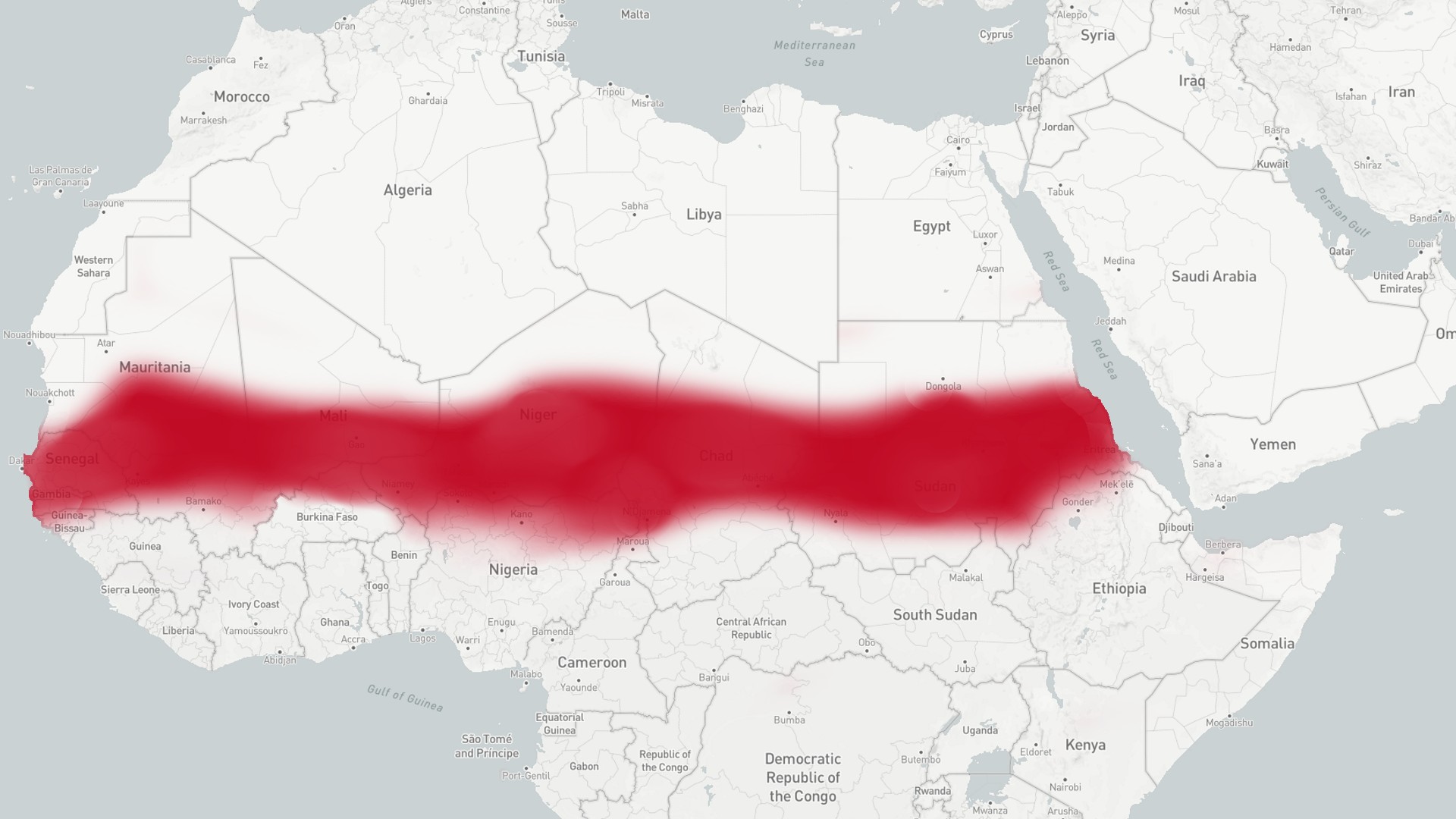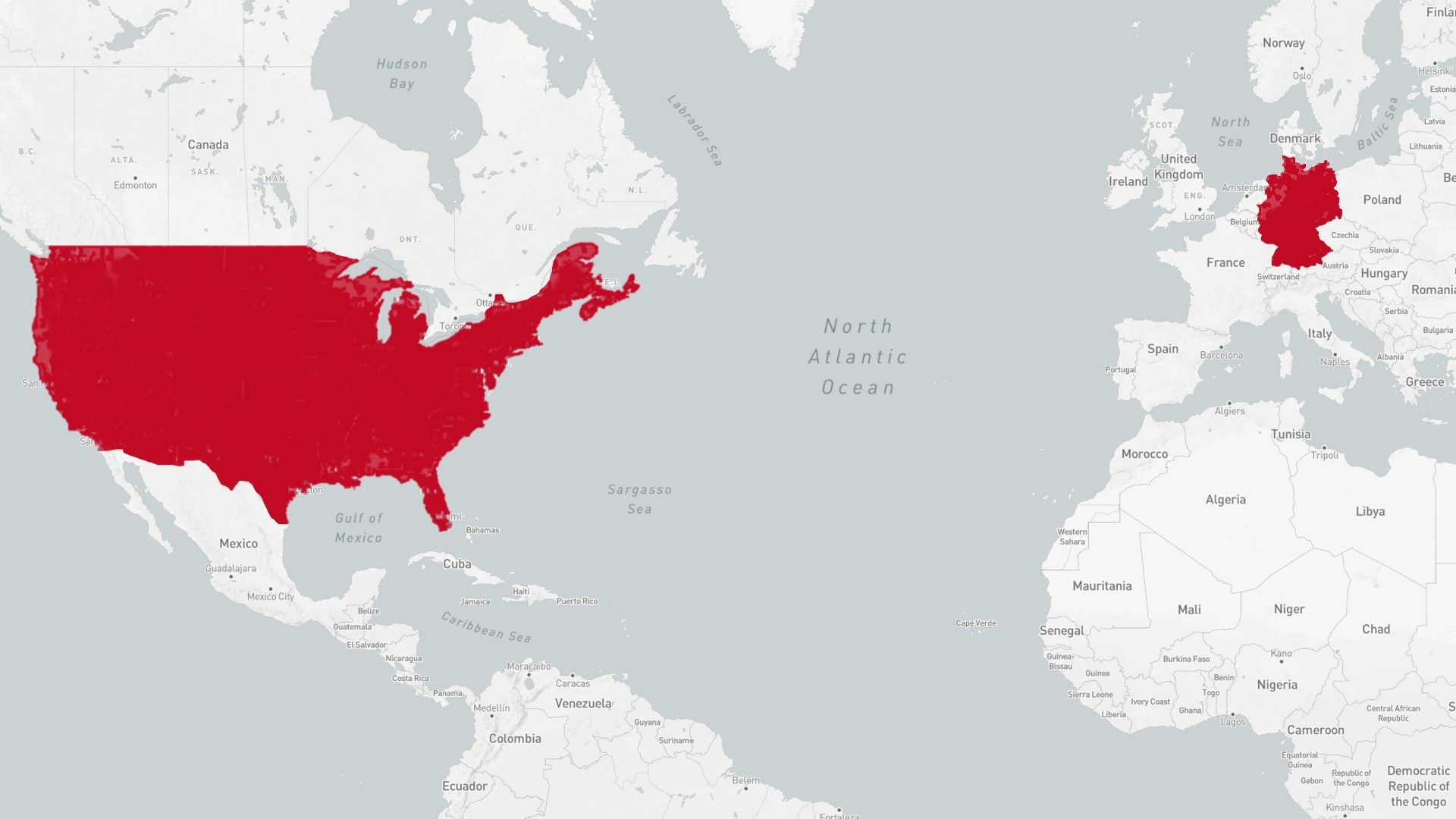The price of the truth: when reporting becomes life threatening in Turkey
Germany & Turkey | 2021
written by

Patrick Rebien
Journalists in Turkey are in extreme danger. In 2021 the country´s press freedom is ranked 153th (of 180 countries included in this ranking) by the organization Reporters Without Borders (RSF). Journalists are attacked and imprisoned. Cağdaş Kaplan is one of these reporters. He had to flee the country and is now living and working in Germany.
Press freedom is not a thing for the Turkish AKP Government with its leader Recep Tayyip Erdoğan. Every year, multiple journalists face severe consequences for their work. They´re prosecuted and convicted by the state and attacked, beaten or even killed sometimes. According to the Committee to Protect Journalists (CPJ), there are at least 37 journalists imprisoned for their work according to their 2020 global prison census. It also says that 25 journalists were killed in this country since 1992. In February 2021 for example, journalists where shot with rubber bullets and tear gas by the police as students were protesting against a new university rector. In July 2021, journalists were attacked, shot with rubber bullets and tear gas and even hit by the police as they were covering protests commemorating the 2015 Suruç bombing.
Reporting is a high-risk profession in Turkey
Cağdaş Kaplan is one of Turkish journalists who faced severe consequences for their work. He is currently living in Germany, since he had to flee Turkey in 2018 and working for the RSF. He was born in 1986 as a son of a Kurdish father and a Turkish mother and dreamed of becoming a journalist from a young age. Today his family is spread over the whole European continent, since he was born into a family with many lawyers, teachers, journalists and politicians. Many of them had to flee just like he had to due to the dangerous political situation. His parents took part in the trade union struggle and the struggle for human rights, democracy and press freedom. As a juvenile, he says he began to learn about his country and the Turkish society. This intensified when he started university and added his personal, Kurdish background to this. He applied to the Dicle News Agency as a trainee in 2008, even though his family didn´t want him to study journalism because they knew how dangerous this job in Turkey was. He was aware of all these dangers but nevertheless decided to make his passion his job. “Journalism is a profession, I am passionate about”. In 2011 he was taken into custody for the first time, as the police targeted Kurdish media outlets. His employer, the Dicle News Agency (DİHA), was publishing in Turkish, Kurdish and English. After he was prosecuted, his trial was held at a heavy penal court in Istanbul. Six of his articles were shown as the evidence of the accusations towards him and deemed as a criminal and a terrorist. He was sentenced to one and a half year in jail and released in 2013.
Journalism in refuge: when fleeing the country becomes the only way to live in safety
After the coup attempt in 2016, the DİHA was shut down by the government like many other media outlets were. Following this, he established a new outlet with some other colleagues, called “Newspaper Karınca”. He worked there as news director and in 2018 he helped founding the daily newspaper Yeni Yaşam and became its editor-in-chief in 2018. In the same year he had to flee Turkey, because there was a travel ban applied on him and he couldn´t legally escape the four separate lawsuits against him. He came to Greece as a refugee, worked there as a journalist. He produced news on immigration and human rights in Greece, but never felt save since Greece has a border to Turkey and there were stories about Turkish agents, kidnapping political refugees. About a half year ago, he immigrated to Berlin with a scholarship and initiatives by the RSF.
More time spent in courts than on reporting: the government uses lawsuits to silence journalists
Many initiatives like the CPJ, RSF or the European Center for Press and Media Freedom, deem the ongoing lawsuits against him as wrong and only brought up to silence him and to stop him from working as a journalist, Kaplan said. His arrest in 2011 for example was right after he wrote a journalistic piece with two other journalists in which a special operations police officer, confessed that he committed murders against Kurds in the 1990s and told them about other state officials who were allegedly tied to those murders.
He says, that he stood behind his journalistic activities in all of his trials. “The real crime is that human rights violation and it´s not the journalist who should be prosecuted, but the state authorities, responsible for that human rights violation”.
According to Kaplan, Erdoğan government has no interest in media, that publishes the truth. Critical media outlets are fined horrendous amounts of money for reporting, journalists reporting on human rights violations, are arrested and put to trial. Kaplan says, many journalists spend more time in front of Turkish courts, than on actual reporting.
Press freedom in Turkey requires action
Kaplan dreams of returning to Turkey one day. The country where he was born and raised, where his origins are and where he decided to become a journalist. But now under Erdoğan’s regime this is unlikely to happen. Reporting freely in their country is a dream of many other journalists in Turkey like Kaplan. The ones who willingly put their lives in danger to report about issues like human rights violations, injustice and criminal activities by state officials. The ones who live for journalism, get jailed for journalism and sometimes are murdered for journalism. Without support the freedom of press and the freedom of expression are in real danger in Turkey.
<







